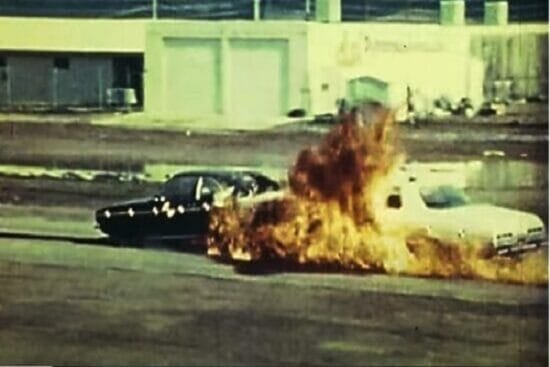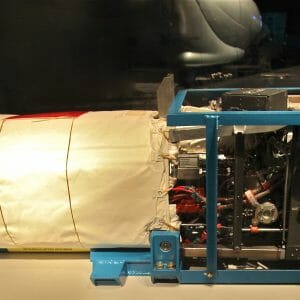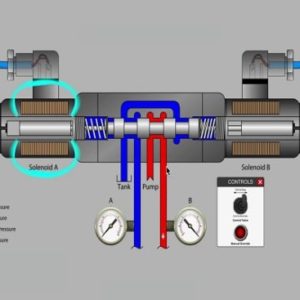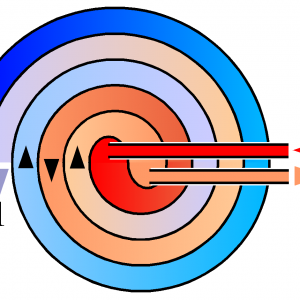E – 2040 Engineering Ethics: “Hold Safety Paramount” to Prevent Loss of Life – the Case of the Ford Pinto Fires
$80.00
Courses Included
In the late 1960s, oil prices were rising, and the European and Japanese sub-compact cars, such as German VW and Japanese sub-compact, were becoming quite popular for low gas consumption. With Lee Iacocca as its president, Ford Motor Company initiated a plan to design and manufacture an American subcompact to compete with imported ones. His main specifications for the new car, the Pinto, was a “2,000-2,000” mandate, meaning that the Pinto “should not weigh more than 2,000 pounds and should not cost more than 2,000 dollars.” The “2000-2000” order had, in fact, one goal, which was to bring the cost low by bringing the weight low. It is clear that “safety” was not in the equation. Lee Iacocca, president of Ford and also an engineer, said in 1972 that “safety doesn’t sell.”
Added to the above “2000-2000” order, Ford’s president insisted that, instead of the average of 43 months that it took for most cars from conception through delivery, the Pinto be completed in only 25 months.
To satisfy the “2000-2000” order, the Ford engineers designed the car to make it light, using aluminum chassis and quite thin bumpers. In most cars, the gas tank is on the rear axle. In the Pinto, the gas tank was placed behind the rear axle, in the space between the rear axle and the rear bumper. This was a fatal design error. Eight of the 11 rear-end collisions with Pinto resulted in the gas tank being crushed and ruptured between the bumper and the rear axle, the liquid gas poured on the roadway, and a spark engulfed the Pinto in a deadly fire.
At the time, Ford had a patent on a rubber bladder to be placed inside the gas tanks to keep the liquid gas inside the tank in case of tank rupture and was successfully tested doing just that. There were other viable solutions, and none cost more than $11 per car. But Ford, ignoring safety altogether, instead of correcting this fatal error and saving the lives of its customers, did a financial risk analysis establishing the cost of correcting the fatal error versus doing nothing and paying the fire victims compensation. The financial risk analysis showed that the cost of correcting the design to avoid fatal fires would be $137 million ($11/car), and the cost of doing nothing to save lives and then paying the victims compensation would be $49.5 million. Ford chose to do nothing and sell the unsafe Pinto to an unsuspecting public. Officially, 27 people perished in the Pinto rear-end collision fires, and a similar number were severely injured.
This Course presents a summary of the Code of Ethics for Engineers focusing on safety-related provisions, a discussion of the design errors, and the legal and financial consequences of ignoring “safety is paramount” for Ford and the unethical conduct of Ford managers and engineers.






